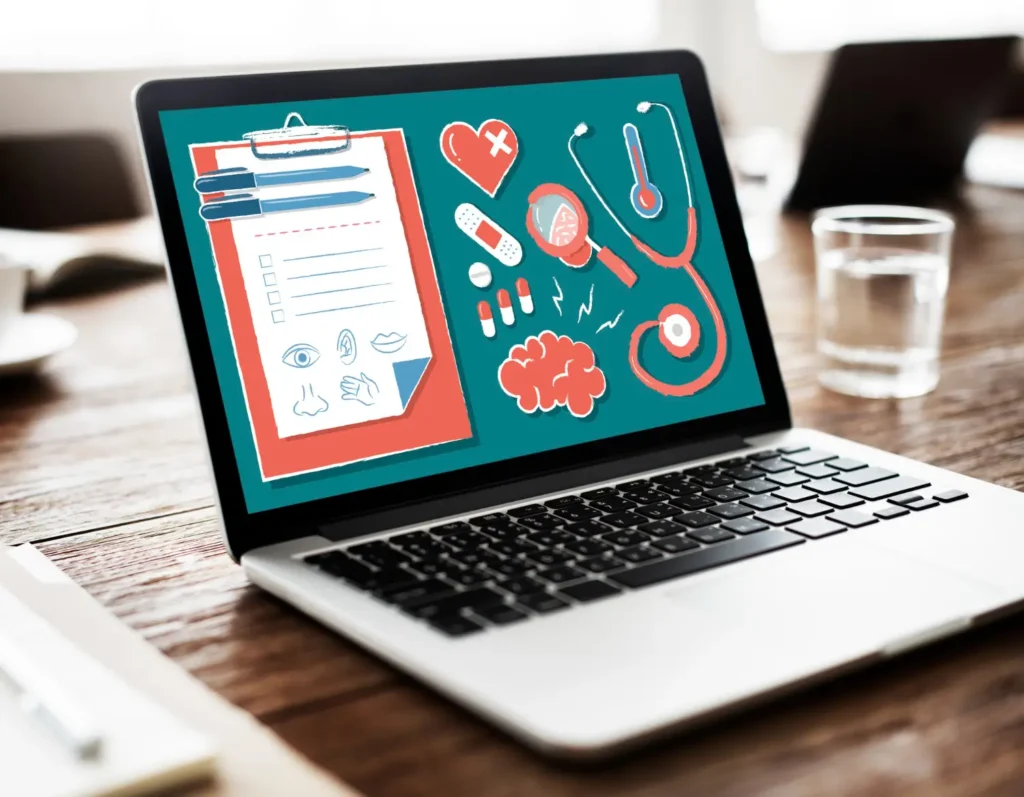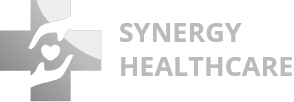Integrating Electronic Health Records (EHR) with Medical income Cycle administration (RCM) systems has become an important method for increasing income streams as healthcare administration evolves. This dynamic interaction between digital health information and financial operations has the potential to reduce administrative processes and improve revenue generation. Let’s look at how this combination will transform revenue cycle management in the healthcare sector.
What Does It Mean to Integrate Your EHR and RCM?

EHR revenue cycle management integration with RCM software represents a sophisticated alignment of digital health records with the complexities of financial operations in healthcare facilities. This thorough integration encompasses various areas, including, but not limited to, billing methods, correct coding practices, seamless claims processing, and effective reimbursement systems. This integration aims to break down the typical walls between clinical and administrative functions in healthcare settings.
Bringing these diverse parts together creates a cohesive ecosystem in which patient data flows effortlessly across all revenue cycle stages. This continuous flow includes patient contacts, diagnoses, treatment methods, and billing procedures, resulting in a consistent and integrated approach to revenue cycle management. By synchronizing these important components, healthcare providers may maintain high accuracy standards, improve operational efficiency, and maintain tight compliance requirements throughout the revenue cycle.
How Does EHR Software Improve the Medical Revenue Cycle?

EMR software is the foundation of effective revenue cycle management, as it automates paperwork, improves coding accuracy, and speeds up claims processing. EHR solutions allow healthcare practitioners to gather extensive patient data, such as demographics, medical history, prescriptions, and treatments, using intuitive interfaces and customized templates. This plethora of information improves clinical decision-making and streamlines billing processes by providing complete documentation for coding and reimbursement.
Furthermore, EHR systems include clinical decision support tools and coding assistance features, which reduce the likelihood of coding errors and claim denials. Real-time eligibility verification and automatic charge capture to speed up revenue generation by ensuring that billable services are properly documented and submitted for reimbursement on time. EMR/EHR integration improves operational efficiency and speeds up revenue cycle timeframes by automating documentation procedures and reducing manual data entry.
Benefits of Integrating EHR Systems with an RCM Platform:
- Enhanced Data Accuracy: By centralizing patient information in an integrated EHR-RCM solution, healthcare practitioners can reduce data discrepancies and assure data integrity across clinical and financial workflows.
- Expedited Claims Processing: EHR and RCM system connectivity allows for automated claims filing, real-time claim status tracking, and proactive denial management, lowering revenue leakage and improving reimbursement.
- Improved Revenue Forecasting: Advanced reporting and analytics tools built into integrated EHR-RCM platforms enable healthcare organizations to gain actionable insights into revenue trends, reimbursement patterns, and revenue cycle performance metrics, allowing for more informed decision-making and strategic planning.
- Integrated EHR-RCM solutions: provide seamless patient billing operations, from generating accurate invoices to allowing online payments, improving patient satisfaction and revenue collection.
- Regulatory Compliance: By including regulatory compliance tools and audit trails, integrated EHR-RCM platforms assist healthcare providers in adhering to growing healthcare regulations and billing norms, lowering the risk of penalties and audit disputes.
Can EHR Improve Revenues For Telehealth Services?
In the developing field of digital healthcare delivery, integrating Electronic Health Records (EHR) is critical, particularly in optimizing revenue generation for telemedicine services. This crucial function arises from its capacity to collect telehealth encounters effortlessly, precisely document remote consultations, and support electronic prescribing, all within the integrated framework of EHR-RCM platforms.
By embracing these technological synergies, healthcare providers may profit from the growing demand for virtual treatment while also optimizing reimbursement opportunities. The connected nature of EHR-RCM platforms guarantees that telehealth contacts are smoothly captured and documented, allowing for more accurate billing processes and faster reimbursement cycles. Furthermore, implementing telehealth-specific billing functions into EHR software improves productivity by expediting claims submission processes for telehealth services.
Furthermore, these integrated solutions improve adherence to regulatory standards and payer policies, assuring compliance across the revenue cycle. By exploiting EHR integration capabilities, healthcare practitioners may easily manage the complexity of telehealth payment, resulting in financial sustainability and enhanced patient care in the digital age.
Summing up:
Integrating Electronic Health Records (EHR) with Revenue Cycle Management (RCM) systems is a game-changing method for improving revenue cycle management in healthcare. Integrated EHR-RCM solutions improve data accuracy, speed up claims processing, improve revenue forecasting, simplify patient billing, and assure regulatory compliance by synchronizing clinical and financial activities. As healthcare organizations try to navigate the challenges of modern healthcare delivery and reimbursement, leveraging the synergies between EHR and RCM systems becomes a strategic priority for increasing revenue streams and operational efficiency.
Healthcare providers can use modern EHR solutions and RCM tools in collaboration with Synergy Health Care and Life Sciences (Synergy HCLS) to fully realize the potential of integrated revenue cycle management, resulting in financial sustainability and superior patient care.


